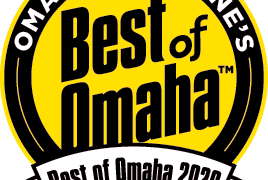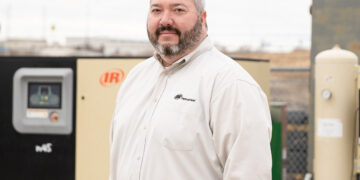The backbone of the American economy is the small business owner and those employed by them. Businesses that often are ignored by the mass media. Businesses that provide valuable services and products upon which Americans rely. Flying below the radar, they are the nose-to-the-grindstone folks that make America what it is. Yet, for all that effort, for all that productivity, it is the glamorous businesses that suck the oxygen from business media coverage or investor valuation.
Much like the fixation on certain personalities, there are the high-profile businesses most are drawn to when making investment decisions. Take two of these businesses as examples: Amazon and Tesla. Amazon, who developed a business model that turns local retailers into showrooms has for 40 years influenced American retail in ways matching Wal-Mart. Yet Amazon stock sells for about 150-times earnings, while Wal-Mart stock sells for only about 13-times earnings. Yet Amazon earns a razor thin margin of about 1/2 of one percent while Wal-Mart hits over 5 percent. Celebrity status wins here.
How about the darling of the automotive media, Tesla Motors? It has developed a business model dependent on government subsidy. From the amazing extraction Nevada taxpayers will incur to create a battery facility east of Reno to the taxpayer-subsidized losses of about $18,000 per car sold, it’s all in the name of the environment. Tesla has an anticipated price-earnings ratio of about 288. But if there are only losses, how does one quantify that? The stalwart Ford has averaged a ratio of 8 over the last five years. Toyota offers a 9-times earnings stock price. So what gives?
Celebrity status wins here too.
Let’s now consider the Alibaba IPO. The Chinese company tries to offer an Amazon experience but instead is merely a manufacturer showroom. Alibaba didn’t even qualify for a listing on the Hong Kong exchange, yet the ICE-owned NYSE says “Sure, bring it on.” Hyped as being the new Amazon, Alibaba investors are being suckered into buying stock in the shell company located in the Caiman Islands.
Sure seems like a bait-and-switch deal to me.
Celebrity status, solid future value, or pump-and-dump? To me it seems that a prudent investor would stick to the basics of real profits today over the hype of alleged future value.
Maybe this all is why so many find comfort investing with Berkshire Hathaway. There’s something to be said about investments in real companies that produce real services and products that generate real profits.
What if your local small business was able to be valued at 150 to 288 times earnings? I suspect that every small business owner would cash in and then start a new venture.
In this world of celebrity mania and the perception of fame, is there a lesson for the small business owner? Maybe the better question is how does a business owner capture the imagination of the public? How does one become a celebrity business? A way to amplify the years of sacrifice and hard work, leveraging that into added value for the company?













